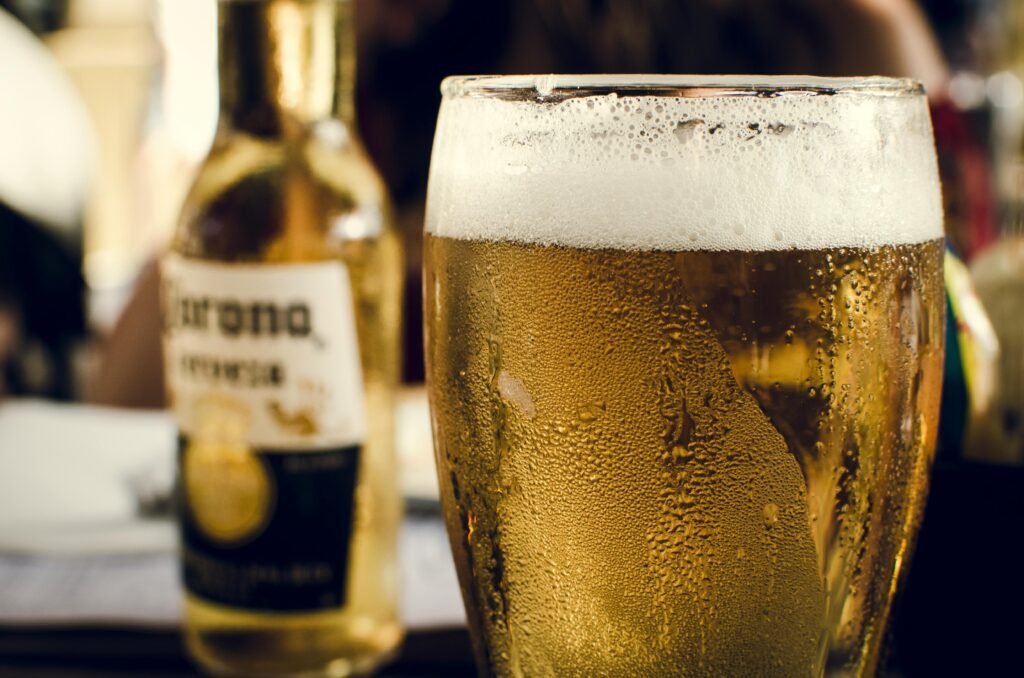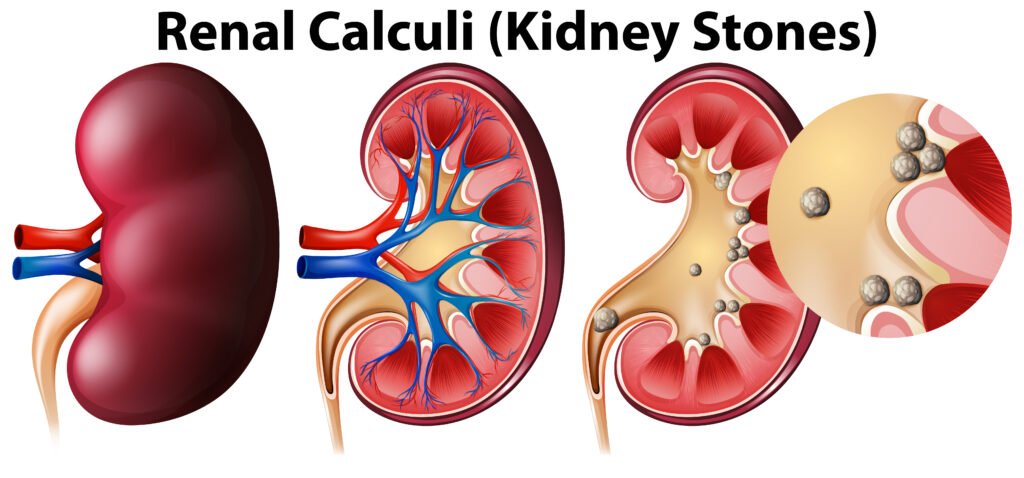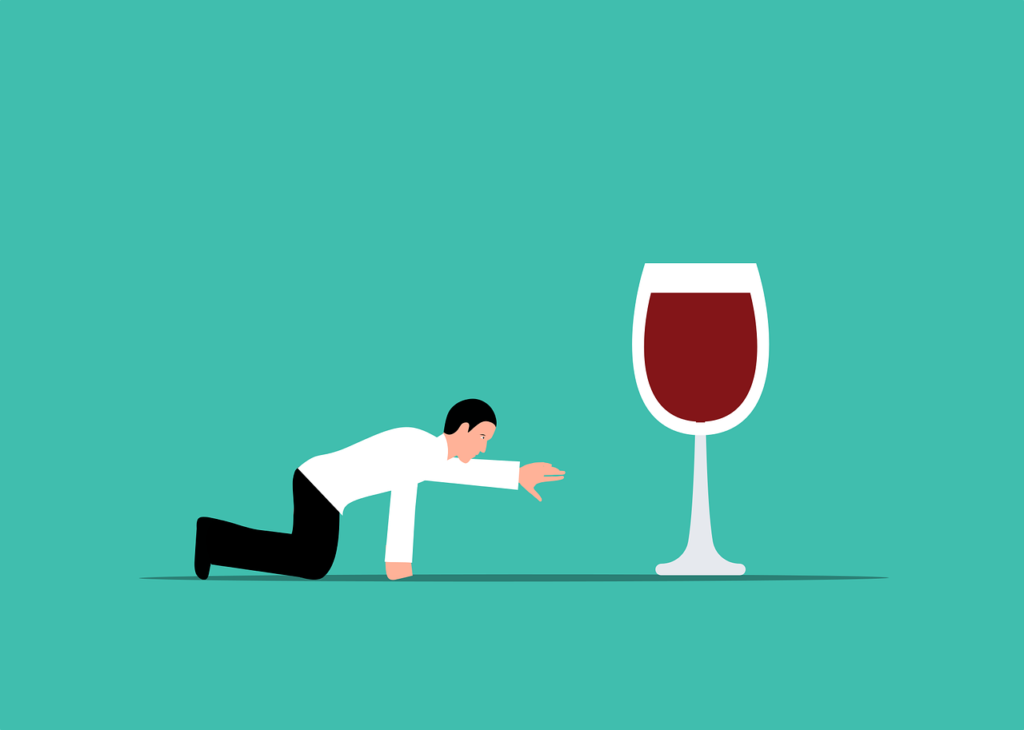6 Health Benefits of Drinking Beer
Is Drinking Beer Beneficial or Harmful? What Is the Daily Consumption Limit?
Based on research from scientists around the world, we can understand that drinking beer can have positive effects on health if consumed in the right quantity and manner. Below are some health benefits of drinking beer properly and the harmful effects when you overindulge.

Health Benefits of Drinking Beer Daily
1. Reduces the Risk of Kidney Stones
Beer contains a sufficient amount of potassium and magnesium to help prevent the formation of kidney stones. Studies have shown that drinking one bottle of beer a day can reduce the risk of kidney stones by up to 40%. This health benefit comes from the high water content in beer (about 93%), which helps flush harmful toxins out of the body, allowing the kidneys to function at their best. Additionally, compounds in hops used in beer production help slow the release of calcium from bones, thus reducing the accumulation of stones in the kidneys.

2. Slows Down Skin Aging
Beer is considered good for your skin because it contains vitamins and yeast. Drinking beer enhances the effects of Vitamin E, helping to keep the skin healthy and thereby slowing down the aging process. Moreover, it moisturizes the skin from within and helps maintain the pH balance of the skin. Additionally, the high water content in beer helps eliminate toxins from the skin, giving it a natural glow.
3. Reduces Bad Cholesterol
Although it may seem paradoxical, if you’re looking for a “non-diet” method to control cholesterol levels, moderate beer drinking could be a good option. Barley used in beer production contains a type of soluble fiber called beta-glucans, which has been shown to lower cholesterol. Beer helps increase the level of lipoprotein (good cholesterol) and reduce bad cholesterol in the body.
4. Good for Heart Health
Surprising results from a study conducted on 200,000 people at the Italian Research & Treatment Center indicate that drinking one liter of beer a day reduces the risk of cardiovascular disease by 31%. This benefit comes from phenol, a natural antioxidant found in beer. Drinking beer can lower the risk of heart disease by thinning the blood and reducing the formation of clots that cause blockages in coronary arteries. However, the study also shows the opposite: the risk of heart disease increases in those who drink more than the recommended amount.
5. Reduces Cancer Risk
Beer contains an important antioxidant called xanthohumol, known for its strong anti-cancer properties, helping to combat cancer-causing enzymes in the body. Specifically, moderate beer consumption helps prevent a chemical reaction that leads to prostate cancer in men. Beer has also been shown to reduce the risk of breast cancer in women.

6. Promotes Relaxation and Enhances Brain Health
Drinking beer can create a sense of relaxation and calm, as it increases dopamine levels in the brain. A 2019 review found that moderate beer drinking may help reduce the risk of developing neurodegenerative diseases such as Alzheimer’s. Researchers at Loyola University Chicago (USA) analyzed several studies and concluded that moderate beer drinking reduces the likelihood of developing various forms of dementia and cognitive decline, including Alzheimer’s, by 23%.
Harmful Effects of Beer Overconsumption
While drinking beer can be beneficial to health when consumed according to guidelines and in reasonable amounts, it can also have negative effects if consumed excessively over a long period, such as:
- Increased risk of death
- Alcohol addiction
- Increased risk of depression
- Increased risk of liver diseases such as cirrhosis, liver cancer, etc.
- Weight gain and lipid metabolism disorders

Therefore, to avoid negative impacts on your health, you should not exceed the recommended beer consumption limits.
How to Drink Beer for Health Benefits?
The best time to drink beer is before or during a meal. A glass of beer can help stimulate digestion, increase appetite, and enhance the enjoyment of food. Note that after pouring beer into a glass, it should be consumed immediately to avoid temperature changes that reduce its quality. Additionally, nutritionists suggest that drinking beer with a meal is better than drinking beer alone because food provides carbohydrates and fiber that help prevent alcohol absorption into the blood and reduce intoxication. Eating before drinking beer is also a way to protect the stomach by slowing down alcohol absorption into the body.
Here are some recommendations from health experts on beer consumption:
Men: Do not drink more than 2 glasses of beer (each glass 330ml) per day.
Women: Limit to no more than 1 glass of beer (each glass 330ml) per day.
And absolutely do not drink for more than 5 consecutive days in a week to ensure your health is not at risk.
Although drinking beer properly and in the right amount can bring some benefits, achieving positive effects through a nutrient-rich diet is better. To reduce the risk of negative health outcomes, it’s best to limit drinking to no more than one standard glass per day for women and two glasses for men. If you’ve never drunk beer, don’t start just for the benefits of drinking beer. There are many ways to live healthier, such as following a scientific diet and regularly exercising to improve your health.

